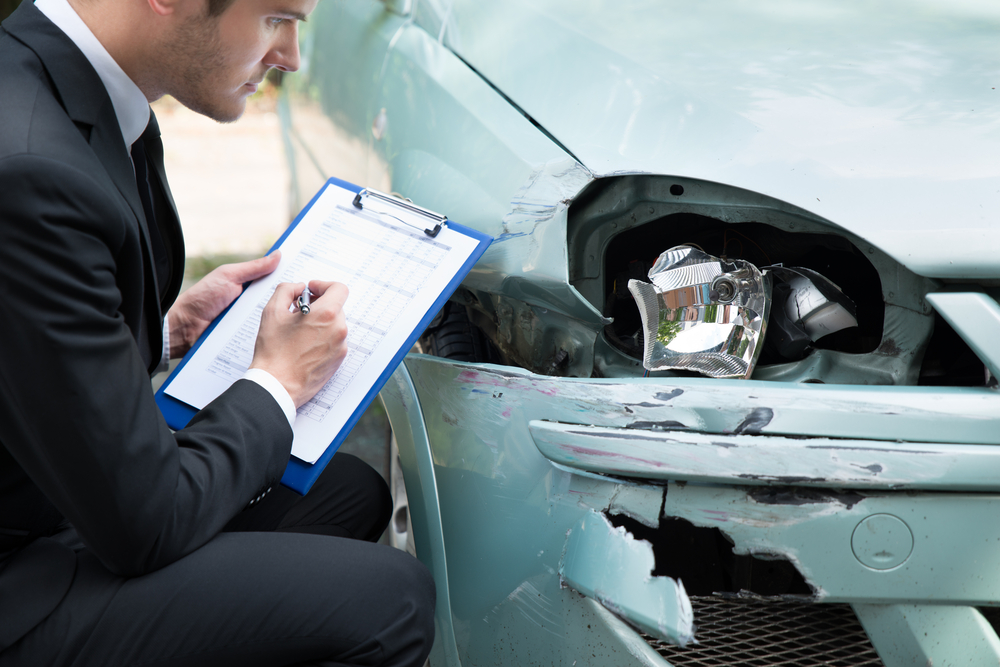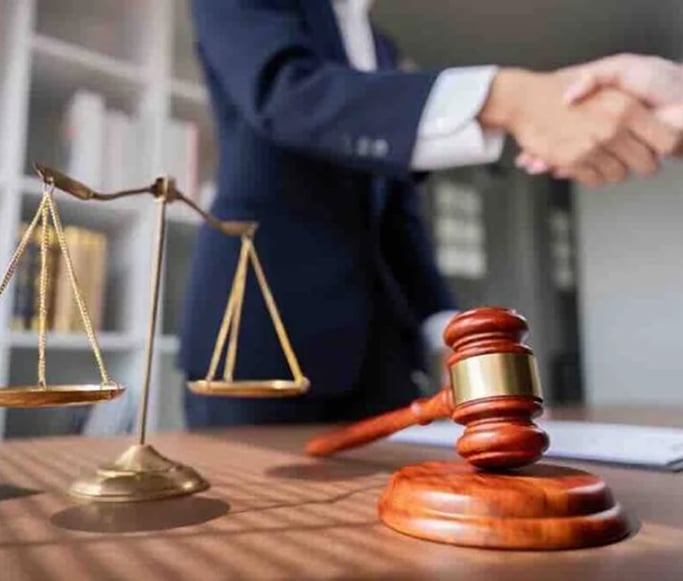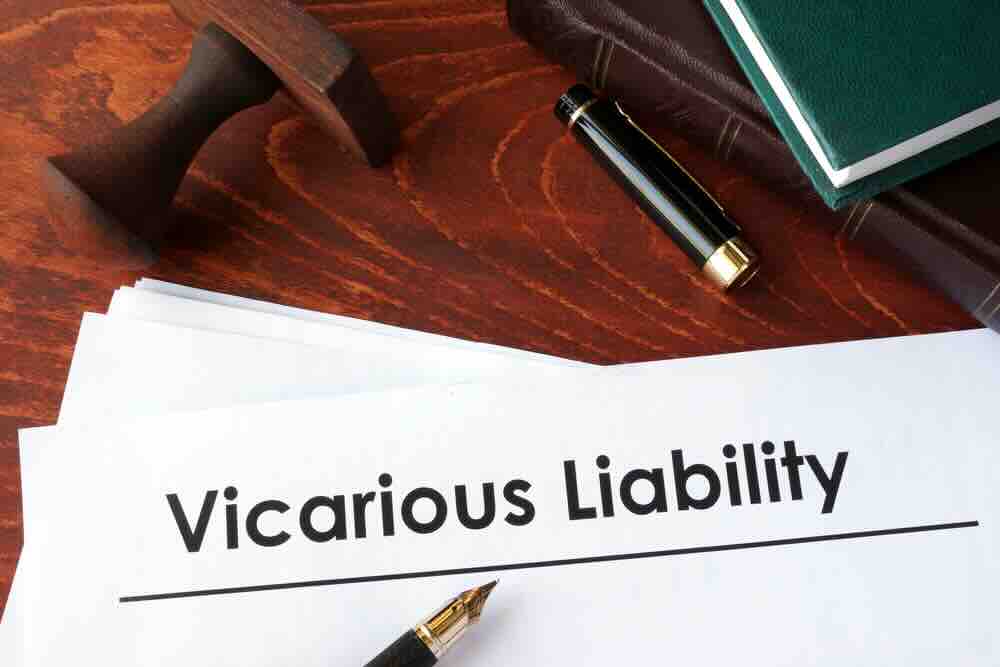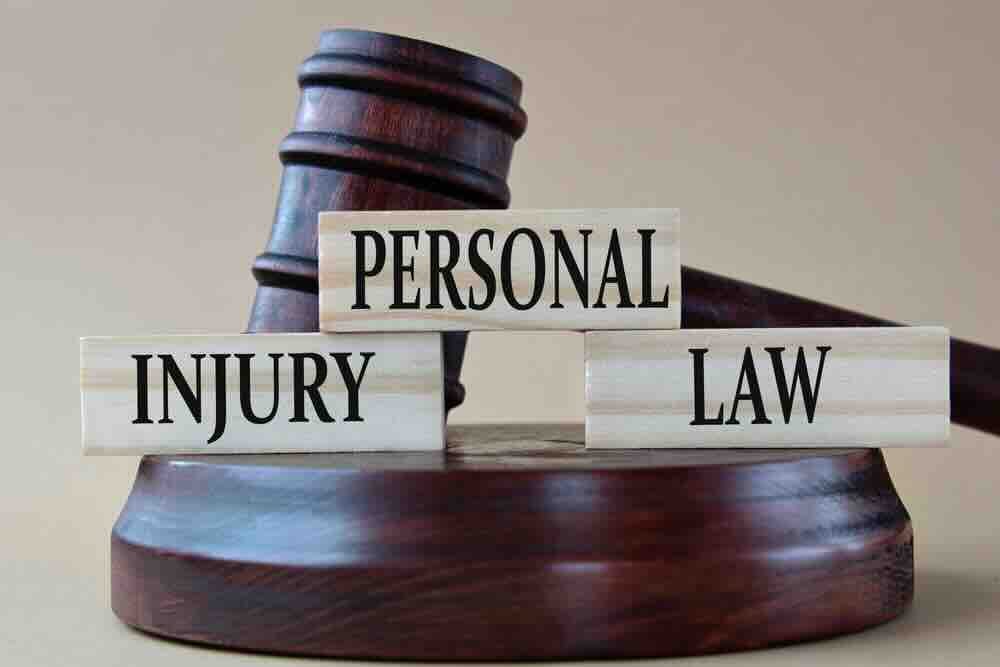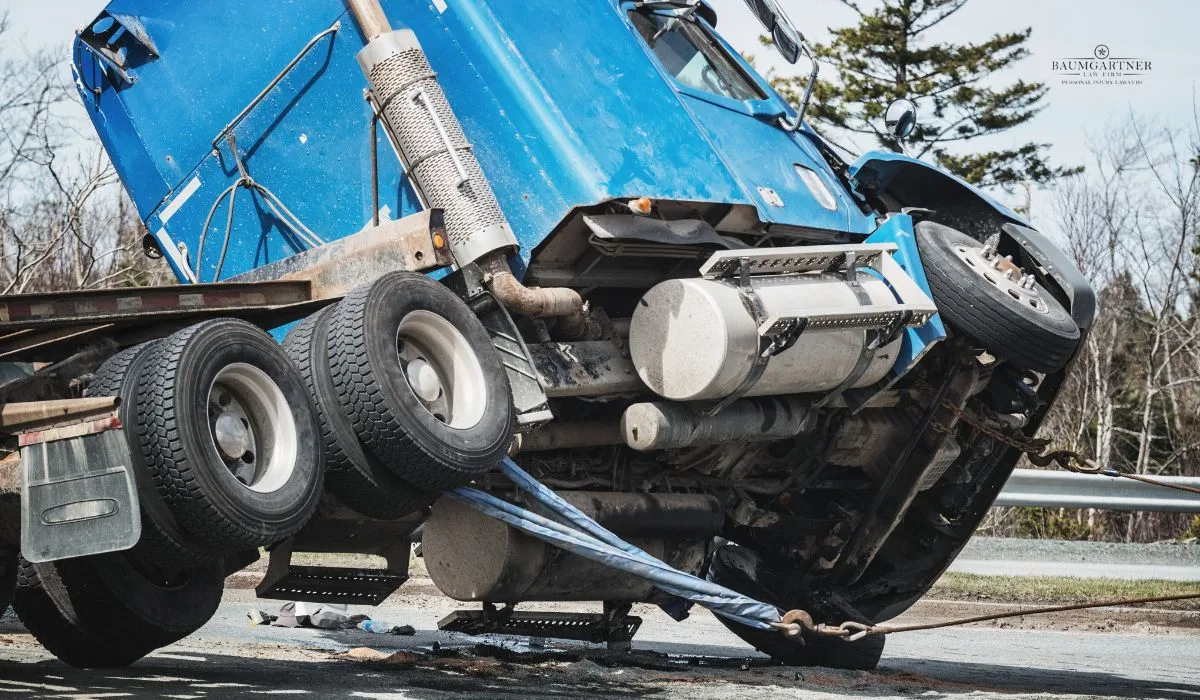The number of telephone calls we get with the same complaint is unbelievable. The “adjuster will not return our phone calls.” Many people do not want to deal with insurance claims. They want to know that their claim will be paid fairly.
Unfortunately, insurance companies for adverse drivers rarely operate on that basis. It is essential to recognize that this is likely not a personal issue for the adjuster. Still, they are overloaded with cases and saddled with a system designed to slow down injury claims and reduce the number of claims. The insurance company may not matter, whether it is State Farm, Geico, or another auto insurance provider.
Here are a few tips for dealing with an adjuster on a car accident claim.
Accidents Raise Many Questions and Concerns
If you have been involved in a car accident that was not your fault, you likely have many pressing needs. For example, we can help with fixing or replacing your vehicle. We also provide alternative transportation. Additionally, we can assist with your medical bills and lost wages if you are injured. Adjusters will not pay most claims or take action until they have spoken with the insured. This requirement usually delays the claims process and leads to hard feelings by the victim.
Often, the adverse adjuster wants a statement from you first.
Giving a recorded statement to the adverse insurance adjuster is almost always a mistake
Houston personal injury lawyer Greg Baumgartner
If the adjuster has not heard from their insured, the case can be delayed. You might also receive a lowball offer. Exceptions would be if the insured is in jail and arrested for drunk driving, the adjuster may proceed with the case. Getting a drunk driving accident lawyer is recommended, though.
The Liability Adjuster for Another Person is Not Out to Be Fair
One mistake our auto accident injury attorneys frequently see is the mistaken assumption that when the other guy’s adjuster “accepts responsibility,” they will offer fair compensation.
Adverse insurance companies aim to settle a clear liability case for as little as possible. Not returning phone calls is simply one tactic adjusters use to reduce payout expectations. The insurance carrier is not on your side. Even when dealing with full coverage insurance on your vehicle.
Look to Your Auto Policy For Benefits
Hopefully, you have “full coverage” on your Texas auto policy. If the adjuster does not return your calls, review your policy to check your coverage.
If you have Personal Injury Protection (PIP) under your own automobile insurance policy, that will help you with medical bills and lost wages up to the amount of the policy limit. That protection should cover not only you but also your passengers.
Check your coverage for “Collision.” This includes rental car reimbursement. Also, find out your deductible for your own property damage. If the insurance company adjuster for the negligent driver will not return your call, there are two main strategies.
First Try the Squeaky Wheel Strategy When the Adjuster Won’t Return Your Calls
The first strategy is the squeaky wheel approach. This means you should call often to get your name at the top of the list for the adjuster to return your call. Many insurance adjusters have more cases than they can handle, and the squeaky wheel approach is usually effective.
Always be nice to the adjuster. Even when aggravated by inactivity, the old saying “you catch more flies with honey” applies in this situation. It costs nothing to be nice, which may help your claim get addressed quicker. Being nice does not mean agreeing to inadequate compensation or not standing up for yourself.
Always be nice to the adjuster it costs you nothing and can help your claim
When Should You Consider Filing a Lawsuit, and What is the Impact on the Process?
There are various factors to consider when filing a lawsuit. One important factor is the deadline set by the statute of limitations. This law determines the timeframe for initiating legal action. In Texas, personal injury claims are typically barred two years after the accident. Filing a lawsuit before this deadline can help you preserve and keep your claim legally viable.
Starting a lawsuit means officially sending a petition to the court. This action requires the other party to give a written response. This process can put time pressure on the insurance company or the other party. This encourages them to reach a quick resolution. It’s important to know that filing a lawsuit does not always mean going to trial. Both sides can agree to settle and withdraw the lawsuit.
Advantages of a Lawsuit
One significant advantage of filing a lawsuit is engaging in court-supervised pretrial discovery. This process allows for gathering valuable evidence, often considered a treasure trove for your case. During pretrial discovery, you get legal tools that help you find important evidence. This evidence can strengthen your case.
It’s essential to note that if the other party fails to cooperate with discovery, the court may intervene. The court can order them to follow the rules. The thought of handling pretrial discovery requests can make insurance adjusters or the other party offer better settlements.
You Need a Lawyer
If you file a lawsuit without a lawyer and the other party has one, you are at a big disadvantage. Experienced attorneys are needed for the best results in litigation.
Read More: The Difference Between an Attorney and a Trial Attorney
In summary, consider filing a lawsuit if the deadline is approaching. Also, consider it if the benefits of court-supervised pretrial discovery are greater than the possible downsides. A lawsuit can put pressure on the other party. This can lead them to settle. It also allows you to gather evidence that can make your case much stronger. If you do not have a lawyer in the lawsuit and the other side does, you are at a big disadvantage.
Consider a Claim With Your Insurer for Car Repairs
Another approach is to deal with your insurance company for property damage and personal injury protection claims. Because it’s your own insurance company, you will generally receive much better treatment. Many insurance companies, such as State Farm, deal with their own insureds in a more friendly manner than they would otherwise.
If you have paid your deductible, ask your insurance company in writing to “sue or collect” it from the driver who caused the accident. Your insurance company is used to handling insurance claims. It is often better to let them deal with the adverse insurance company on your property damage. You should receive a check from your insurance company for reimbursement if they collect your deductible.
Ask to Speak With a Manager When the Adjuster Will Not Call You Back
If all else fails, ask to speak with a manager. Be cautious about appearing too negative, and clearly explain your need for a response from the company. Please note that the adjuster will not pay a claim until they are satisfied with their assessment of liability on behalf of their insured.
Dealing with an adjuster requires patience and preparation.
If the Insurance Company is Yours, Consider Contacting the Texas Department of Insurance.
Filing a complaint with the Texas Department of Insurance should be a last resort and only if the adjuster who will not respond to a claim is from your insurance policy. The other person’s insurance company usually does not have to respond to you. Filing a complaint against their insurance will not help with TDI.
With Severe Injury, Hire a Leading Personal Injury Attorney in Houston
If you are seriously hurt, consider speaking with a personal injury attorney early in the claims process. Do this before giving any documents or statements to the other driver’s insurance company. Most Houston law firms that handle accident cases provide free consultations. It is smart to call one and use this offer.
Frequently, the first time a car accident victim realizes they probably need a lawyer, the damage to their claim has already been done, typically after the insurance adjuster makes a settlement offer. The longer you go through the claims process alone, the more difficult it will be. You may struggle to find a top personal injury attorney in Houston.
This is a situation in which what you don’t know can hurt you. Call Baumgartner Law Firm and let us fight for the compensation you deserve.
Our firm offers FREE no-obligation consultations on injury claims if you visit Houston.
Contact A Personal Injury Attorney at Baumgartner Law Firm for Help!
If you were hurt in a crash in Houston. For a no-obligation consultation, call the auto injury lawyers in Houston at Baumgartner Law Firm at (281) 587-1111.
6711 Cypress Creek Pkwy, Houston, TX, 77069


